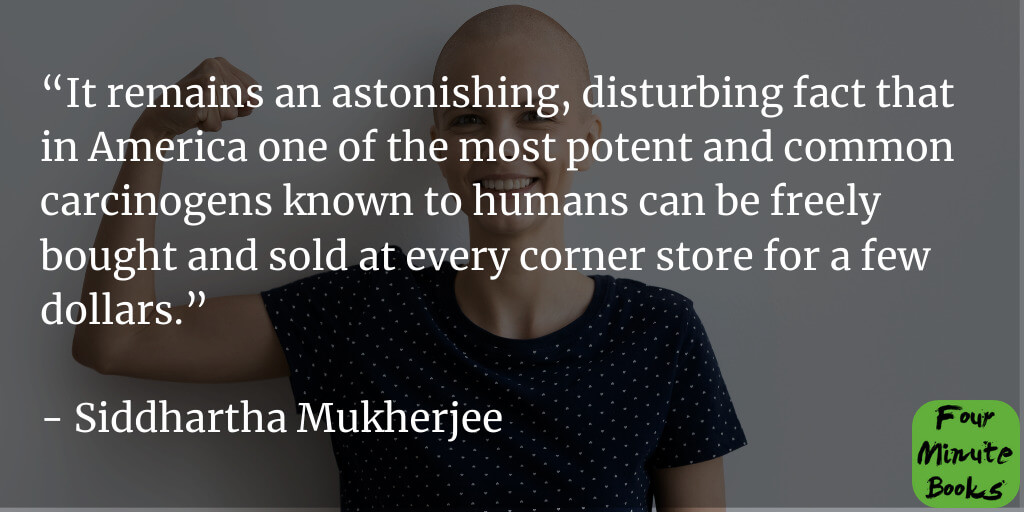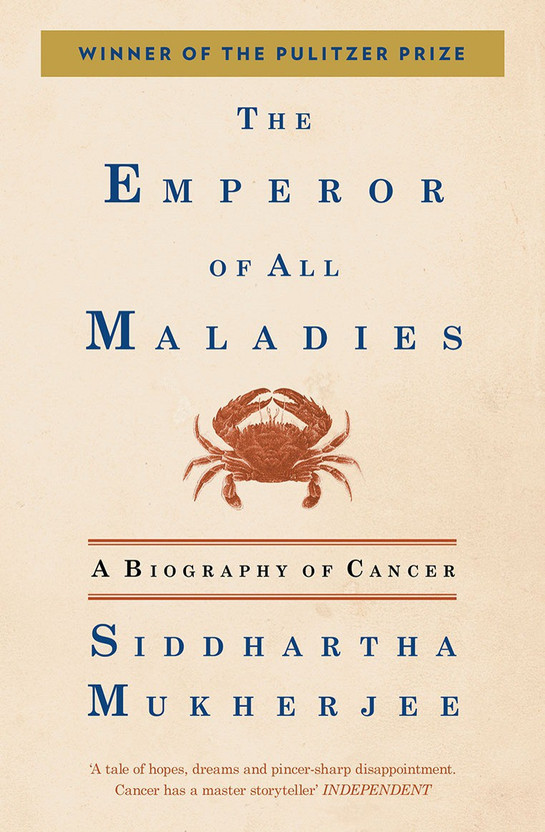


Mukherjee has a storyteller's flair and a gift for translating complex medical concepts into simple language, he occasionally reverts to jargon so dense-especially in describing key discoveries in cancer genetics-that the lay reader may feel overwhelmed. He takes several detours into well-trod territory, such as the emergence of AIDS and its influence on patient activism, that distract from the primary story: how centuries of study have led to an era of understanding, prevention and treatment that has seen a reduction in both the incidence of cancer and the death rates from the four most common cancers. Mukherjee delivers on that promise and more-at times it seems like too much more. It is an illuminating book that provides hope and clarity to those seeking to demystify cancer.Author and physician Siddhartha Mukherjee has written a sprawling new book on the history of cancer, "The Emperor of All Maladies."ĭr. Riveting, urgent, and surprising, The Emperor of All Maladies provides a fascinating glimpse into the future of cancer treatments.


Mukherjee recounts centuries of discoveries, setbacks, victories, and deaths, told through the eyes of his predecessors and peers, training their wits against an infinitely resourceful adversary that, just three decades ago, was thought to be easily vanquished in an all-out “war against cancer.” The book reads like a literary thriller with cancer as the protagonist. The story of cancer is a story of human ingenuity, resilience, and perseverance, but also of hubris, paternalism, and misperception. The result is an astonishingly lucid and eloquent chronicle of a disease humans have lived with-and perished from-for more than five thousand years. Physician, researcher, and award-winning science writer, Siddhartha Mukherjee examines cancer with a cellular biologist’s precision, a historian’s perspective, and a biographer’s passion. Winner of the Pulitzer Prize and a documentary from Ken Burns on PBS, this New York Times bestseller is “an extraordinary achievement” ( The New Yorker)-a magnificent, profoundly humane “biography” of cancer-from its first documented appearances thousands of years ago through the epic battles in the twentieth century to cure, control, and conquer it to a radical new understanding of its essence.


 0 kommentar(er)
0 kommentar(er)
